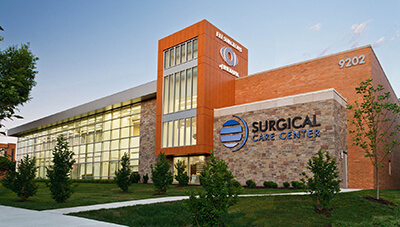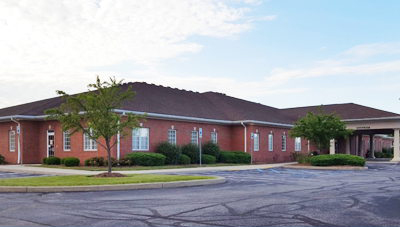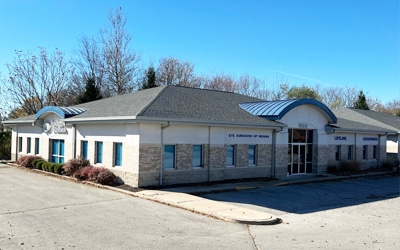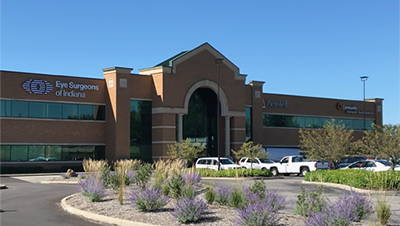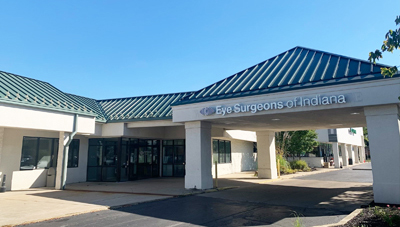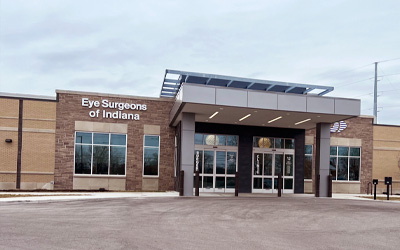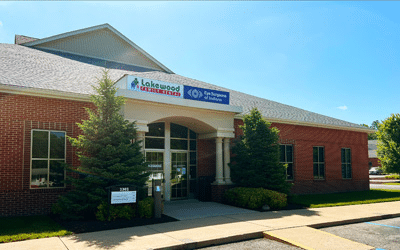Can Diabetic Retinopathy Be Reversed?
Posted by: Eye Surgeons of Indiana in Eye Health
Diabetes is a disease that affects the entire body — including the retinas. When blood sugar levels are high, the network of tiny blood vessels that supply blood to the retinas can get blocked and damaged. This can result in blurry vision and, when left untreated, can eventually lead to blindness.
Doctors can administer retinal damage treatment on patients with compromised eyesight due to diabetes, but they would be remiss in their duty if they don’t educate you on how to take care of your health.
So we will address the question we get often at Eye Surgeons of Indiana: can diabetic retinopathy be reversed?
Irreversible and Incurable, but Treatable
With a strict diet and an active lifestyle, people with diabetes can manage their symptoms and kick diabetes into remission (which refers to the absolute lack of symptoms or signs of a disease). Something similar can take place when you have diabetic retinopathy: once it develops, you cannot be 100% cured of the disease. You can, however, slow its progress and prevent your eyesight from deteriorating further.
What You Need to Know About Diabetic Retinopathy
The cause of this eye disease is high sugar levels in the bloodstream. When blood glucose stays high for too long, it can block the tiny blood vessels that supply oxygen and nourishment to the retinas, or the thin tissue that lines the back of your eye.
The body will attempt to correct this anomaly by growing new blood vessels, but they will not grow to be fully functional. The remaining blood vessels will eventually weaken and even burst, sending blood and fluids leaking into the retina.
The Effects on Eyesight
The build-up of car tissue and fluids in the retinas can lead to a condition called macular edema. It affects the macula, which is the part of the eye that keeps our vision sharp. It becomes inflamed when diabetic retinopathy develops, and this inflammation can distort a patient’s vision and make it blurry.
If left untreated, diabetic retinopathy can result in more blood vessels getting blocked. This will increase the intraocular pressure in your eye and cause the retinal tissue to detach or tear away from the back wall of your eye.
Retinal detachment is a medical emergency that must be treated immediately. The longer the retina stays detached, the longer the tissue will be deprived of oxygen and nourishment, the greater the risk of permanent vision loss in the affected eye.
The increasing eye pressure can also damage the optic nerves and lead to glaucoma. Meanwhile, the accumulation of aqueous humor can result in eye cataracts, cloudy hazes that creep over the lens of the eyes.
Knowing that these are the possible comorbid outcomes of diabetes-induced retinopathy should motivate you to take better care of your eyes.
Treatment of Diabetic Retinopathy
You don’t need to wait for a diagnosis to act. If you know that your blood sugar is an issue, and if you notice your vision is getting blurry or spotty, consult an eye specialist right away. More importantly, seek treatment and advice on how to slow down the progress of diabetic retinopathy.
Here are some of what you can do:
1. Undergo eye exams – Early detection will give you an advantage in combating the progress of the disease.
2. Modify your diet – Consult your doctor or a nutritionist and follow a plant-based, low-sodium, and low-sugar diet that will moderate your blood sugar levels.
3. Consult your doctor for eye treatments – Modern laser therapy and injection treatments today can improve the eyesight of patients who’ve already experienced symptoms of diabetic retinopathy. Consult your doctor and find out if you qualify for those treatments.
4. Exercise regularly – An active lifestyle can help regulate your blood sugar levels.
Consult the Eye Surgeons of Indiana
If you suspect that you’re manifesting symptoms of diabetic retinopathy, reach out to our clinic and schedule a check-up with our ophthalmologists in Indianapolis, Greenwood, Anderson, or Greenfield.
If you qualify for any of our treatments, you can look forward to top-notch care from our friendly staff and doctors.
Save your eyesight and stall the progress of diabetic retinopathy. Call us today.

